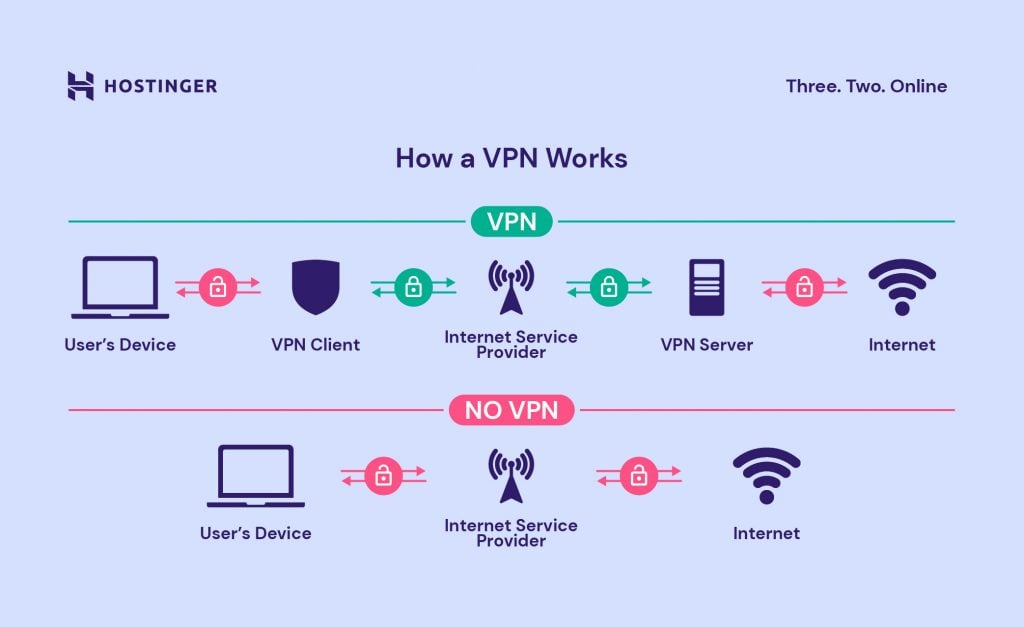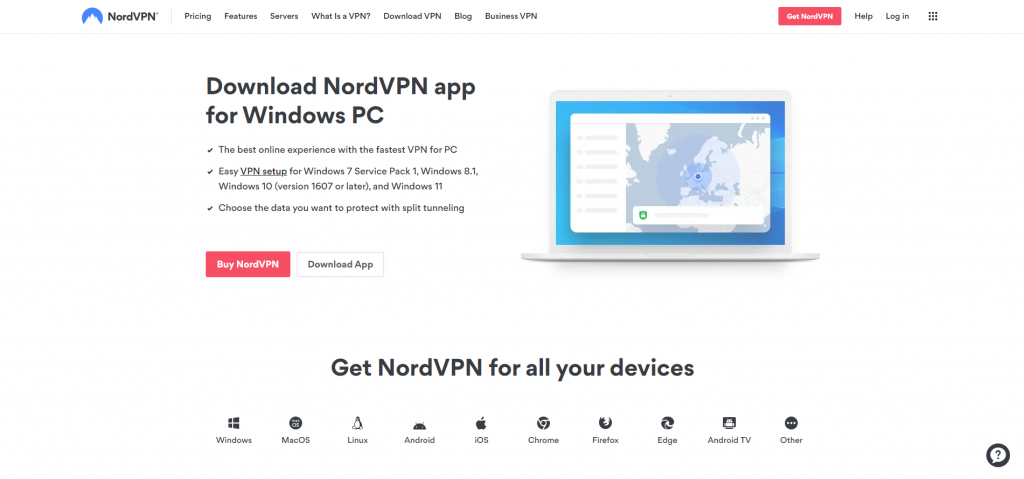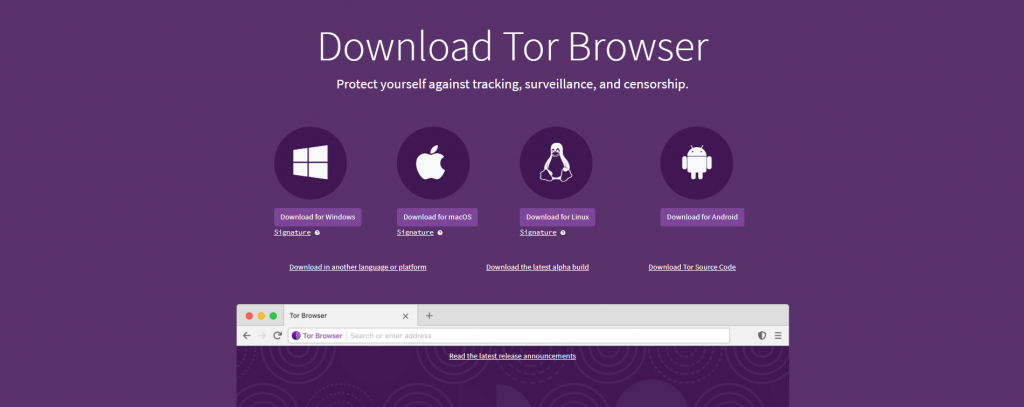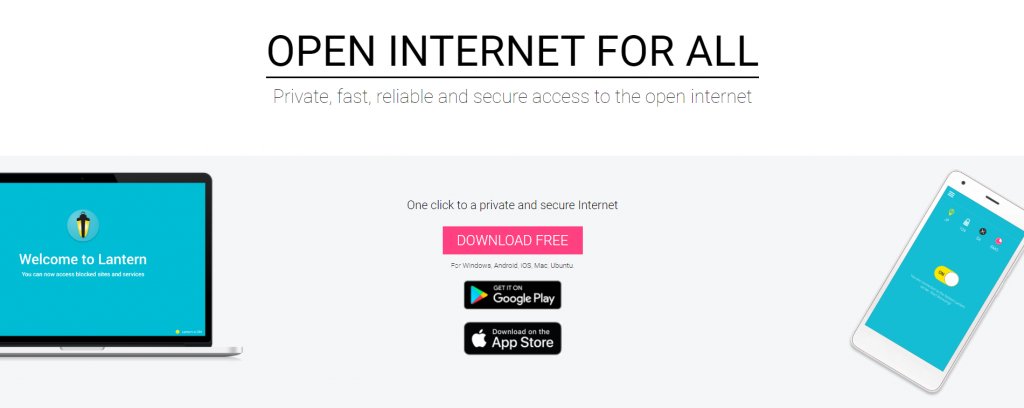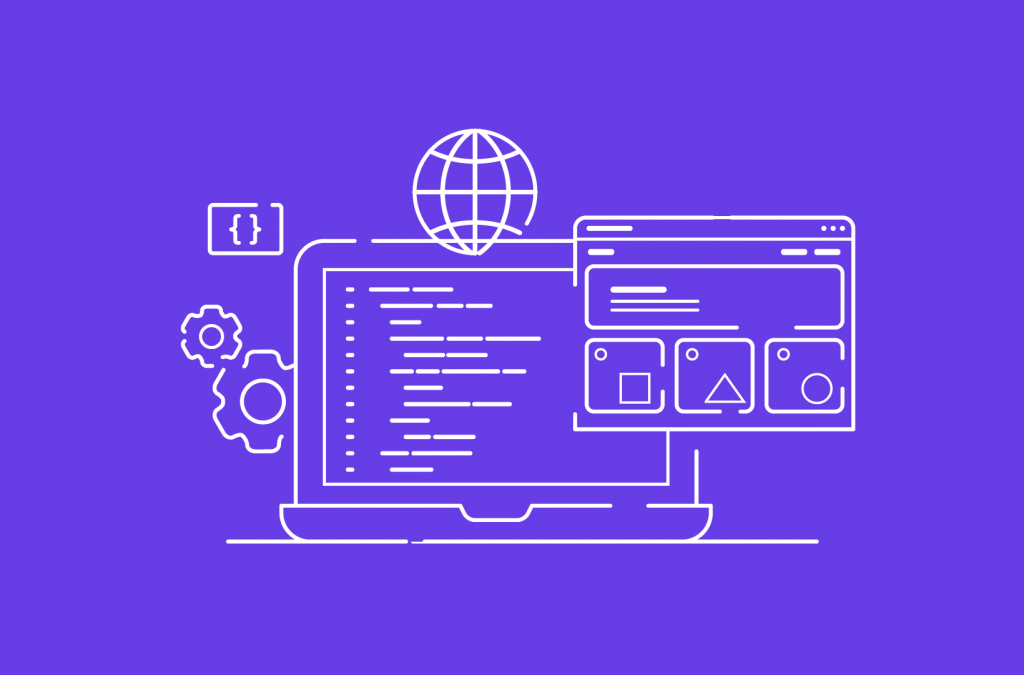What Is a VPN: How Does It Work and Should You Use It?
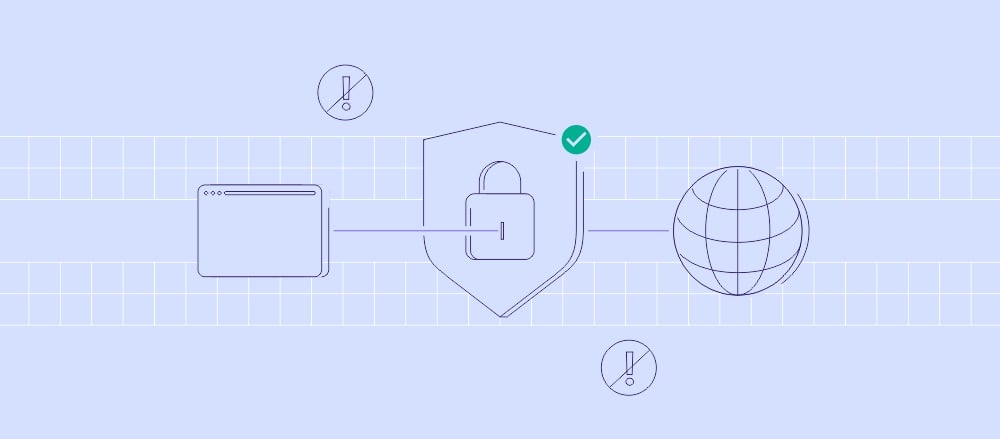
A virtual private network (VPN) encrypts your personal data and hides your real IP address on a public network. It is one of the most common solutions for protecting internet privacy and security.
Besides its privacy and security benefits, a VPN lets you access more internet content. With it, you can change your virtual location and bypass geo-blocked web pages.
In this article, we will discuss what a VPN is, how it works, and why you might want to use it. We will also show you how to use a VPN and offer alternatives.
Download glossary for web beginners
What Is a VPN?
VPN is a type of network that imitates a private network on a public internet connection. It establishes a secure connection by masking your IP address and encrypting your internet traffic. VPN connections can also grant you access to geo-restricted content.
How Does a VPN Work?
When connected to the internet without a virtual private network, your internet service provider (ISP) is the main intermediary between your device and the internet. Your ISP assigns your device a unique IP address and tracks all the websites you visit.
On the other hand, when a VPN connection is activated on a device, all web requests travel through an encrypted tunnel and are routed through a VPN server before reaching the target server.
After a request is processed, the data sent back to the device goes through the same encrypted VPN connection and routing process.
When using a VPN, your device’s internet connection still passes through your internet service provider. However, since it’s encrypted and routed via a VPN server, your ISP won’t see the websites you visit anymore. It just knows that you are connected to a VPN and that encrypted traffic travels from your device to a server.
To get a better understanding of how a virtual private network works, take a look at some key processes a VPN does and their benefits:
- Proxying. Like a proxy, a VPN hides your IP address and location to increase your online anonymity. The websites you visit only see the IP address and location of the VPN server instead.
- Authentication. The authentication process ensures that your VPN client only interacts with the VPN server you want to connect to. This prevents other third parties from intercepting your data.
- Tunneling. A VPN connection activates an encrypted tunnel for the internet traffic. This process encapsulates each data packet inside another data packet, making it difficult for malicious parties to read it.
- Encryption. Many websites that use an SSL/TLS, or an HTTPS certificate, will encrypt the data exchanged between your device and the target server. However, this encryption is limited to the websites you visit. Meanwhile, a VPN tunnel encrypts all traffic. Many VPN providers use military-grade encryption, which is nearly impossible to be read by third parties.
These processes work together to protect your data from your internet service provider and other third parties who want to intercept your data.
Here are the personal details that VPN technology can hide when it’s activated:
- IP address. The IP address is the unique identifier of a device. It can infer sensitive information like your internet service provider, country, city, or even home address. A VPN masks your IP address with its own.
- Location. Since virtual private networks hide your actual IP address, it can appear as though you are browsing from a different location. For example, if you are located in the US but are connected to a VPN server in the UK, other users will think your location is in the UK.
- Search and browsing history. Since your internet connection travels through an encrypted VPN tunnel, your ISP or malicious third parties won’t know what you are searching and browsing online. This helps avoid targeted ads and protect your internet privacy in general.
Types of VPN
There are various types of VPNs used for different purposes. Let’s take a look at four of the most common ones – personal, remote access, site-to-site, and mobile VPNs.
Personal VPN
Also called a consumer or commercial VPN, a personal VPN connects its users to the public internet over an encrypted connection via a VPN server. Its primary purpose is to protect online privacy and bypass geo-blocking.
Since it’s meant for commercial use, personal VPNs are easy to set up on different devices such as PCs, laptops, gaming consoles, and mobile devices. Some examples of personal VPN services include NordVPN, ExpressVPN, and Surfshark.
Remote Access VPN
A remote access VPN lets users connect to a private or local network. This type of VPN is commonly used by employees to securely connect to their company’s office network and access its data and resources.
Remote access VPNs are beneficial for remote workers and employees working from home. With a remote access VPN, they can access their work files as though they are physically at the office. Its encryption is also crucial for protecting sensitive company data when using public Wi-Fi hotspots.
Mobile VPN
Similar to a remote access VPN, a mobile VPN is commonly used by employees to connect to their company’s business network remotely.
The key difference is that a mobile VPN stays connected even if the user changes their network connection or loses their connectivity. For this reason, mobile VPNs are recommended for highly mobile users or people with unstable internet connections.
Site-to-Site VPN
This type of VPN merges two networks on different sites. For example, if a company has two offices in Europe and Asia, a site-to-site VPN can merge the two private company networks.
Many global companies use a combination of site-to-site VPN and remote access VPN. The site-to-site VPN merges all of the company’s private networks across the globe, while the remote access VPN allows employees to access all those networks at once.
Why You Should Use a VPN Service
Now that you’ve learned what a VPN is and how it works, you might be wondering why you should use it. If you care about your web privacy, security, and freedom, a virtual private network is an excellent tool. Let’s dive in further to find out why.
Privacy
A VPN encrypts your network traffic and routes your internet connection through a remote server. It lets you hide online data like your IP address, location, search and browsing history, and downloads. As a result, your internet service provider, the websites you visit, and other third parties won’t be able to read it.
Freedom
A VPN can change its user’s virtual location. This feature gives VPN users the freedom to access blocked content in their region.
For instance, a TV show you want to watch on Netflix may be only available in a specific location, or your country may be censoring a social media site. By changing your location to a different country with a VPN, you will be able to access geo-blocked content.
VPN connections can also bypass data and bandwidth throttling by internet service providers. Many ISPs limit the available bandwidth to a number of resource-intensive online services, like streaming sites or peer-to-peer (P2P) networks. A VPN can prevent this, letting you take full advantage of your internet connection at all times.
Some eCommerce stores and ticketing sites display different prices for their customers based on their location, purchasing habits, or assumptions about their socioeconomic status. A VPN can prevent this and help you get the best price for your online purchases.
With the above benefits in mind, we highly recommend connecting to a VPN when doing the following activities:
- Using an unsecured Wi-Fi network. You must use a VPN while connected to a public network, such as free Wi-Fi. A VPN prevents the network administrator and cybercriminals on the network from reading and stealing your data.
- Traveling. A VPN lets you receive your usual local content even when traveling to a different country.
- Streaming. Watching online video content from streaming services while connected to a VPN can prevent ISP throttling. It also lets you access movies and TV shows available in different regions.
- Online gaming. Some games restrict features to specific regions only. Using a VPN unlocks these features.
- Downloading. Without a VPN, your downloads are visible to your internet service provider. If you participate in P2P file-sharing, strangers will be able to see your IP address. By using a VPN when downloading, you can circumvent these privacy issues.
- Shopping. With a VPN, you can avoid price discrimination and get the best deal for your purchases.
Security
The internet is unfortunately rife with security threats targeting websites and users. VPN encryption and IP address masking can add a layer of security to an individual’s online activity.
If you are browsing the internet using an untrustworthy connection like a public Wi-Fi network, the risk of falling victim to a cyberattack is high. Connecting to a VPN server will encrypt your internet connection and hide your IP on such unsafe networks.
For remote workers, using a VPN is not only necessary to access company files. It also keeps sensitive company data safe from being read or stolen by third parties with malicious intent.
Suggested Readings
Running into security issues? Find out the solutions in our tutorials:
How to Secure a WordPress site
How to Fix a Hacked Website
How to Use a VPN
Before learning how to use a virtual private network, it’s important to know which VPN service provider to choose.
As a rule of thumb, most free VPN services are not recommended. Free VPNs often collect logs of your online activity or contain malware. Knowing these risks, using a free service might defeat the purpose of using a VPN in the first place.
We recommend using a quality VPN service such as NordVPN, ExpressVPN, or Surfshark. A great VPN service keeps your connection fast, does not store logs of your online activity, and has many global server locations. On average, a VPN service costs $5-10/month.
Many VPN services are easy to set up and use. With VPN client software available on a wide range of computers and mobile devices, you will be able to maintain web privacy, security, and freedom no matter what machine you use.
Here is a step-by-step tutorial on how to install and use a VPN service on your device:
- Choose a reliable VPN provider and purchase a desired subscription plan. In this tutorial, we will show you how to install NordVPN.
- Download and install the NordVPN app on your device.
- Enter your login credentials.
- Go to the VPN app settings and enable additional features if you want. You can enable the VPN kill switch feature or switch to another VPN protocol.
- To connect to the fastest VPN server for your location, select Quick connect. Alternatively, you can pick any country you want from the server list.
VPN Alternatives
A VPN is only one of many tools you can use to protect your privacy, security, and freedom on the internet. Let’s explore some popular alternatives to VPNs.
Proxy
A proxy is an intermediary server between a device and a website. It sends web requests on behalf of the device and then returns the results. It can mask your IP address, but a proxy compared to a VPN is not as feature-packed nor user-friendly.
Tor
Tor is an open-source anonymous web browser. It works by enclosing internet traffic in multi-layered encryption and randomly routing it through a network of servers globally to achieve near-total anonymity.
It is easy to use and available on popular operating systems, including Windows, macOS, Linux, and Android.
One of the significant downsides of Tor is its slow speed – a consequence of the complex mechanisms it uses to protect its users’ privacy. And while a VPN protects all traffic at the system level, Tor only does so at the application level.
SmartDNS
SmartDNS works similarly to proxy servers, except instead of masking your IP address, it uses a DNS server to unblock geo-restricted content. Note that SmartDNS only works with select websites supported by the service provider.
The best part about SmartDNS is that it unblocks content without affecting internet connection speeds. Unfortunately, SmartDNS isn’t designed as a privacy and security solution since it doesn’t hide your IP address nor provide an encrypted connection.
Lantern
Lantern is a peer-to-peer web censorship circumvention tool. It allows users to bypass internet restrictions through a network of trusted users. Although it can effectively unblock censored websites, Lantern isn’t a privacy browser like Tor since it collects some user data.

Conclusion
A virtual private network establishes a secure connection to the public internet. It hides your identifiable information, encrypts your internet traffic, and lets you bypass geo-blocking.
A VPN works by routing all web requests from a device to a VPN server through an encrypted tunnel and delivering them to the target server. Once processed, the results are sent back to the device using the same process.
A VPN is a valuable and easy-to-use tool if you are concerned about web privacy, security, and freedom. We hope this article has given you an understanding of VPNs and helped you decide if they’re right for you.
